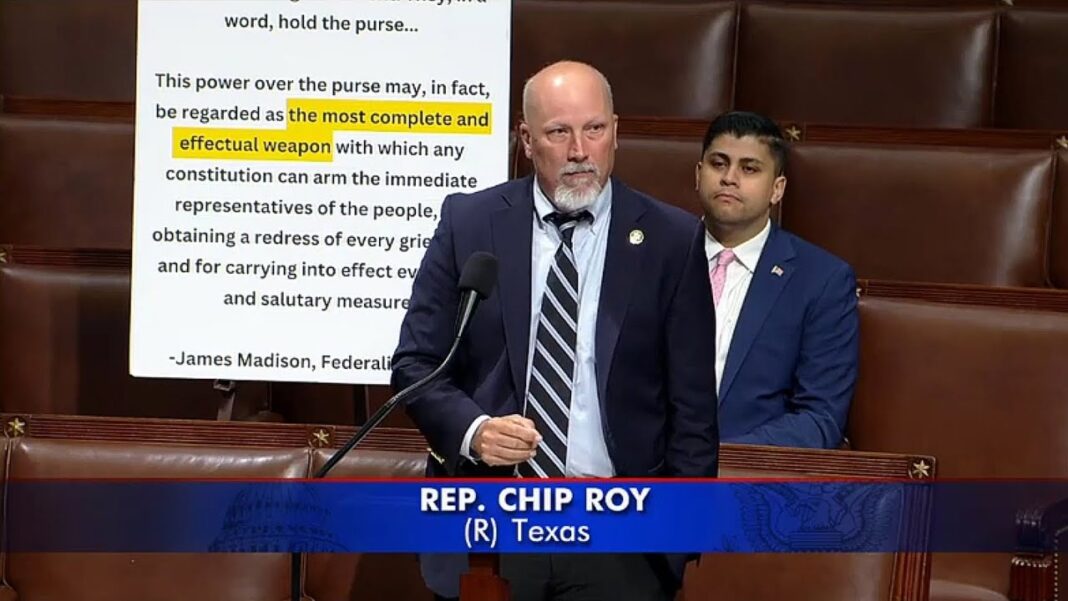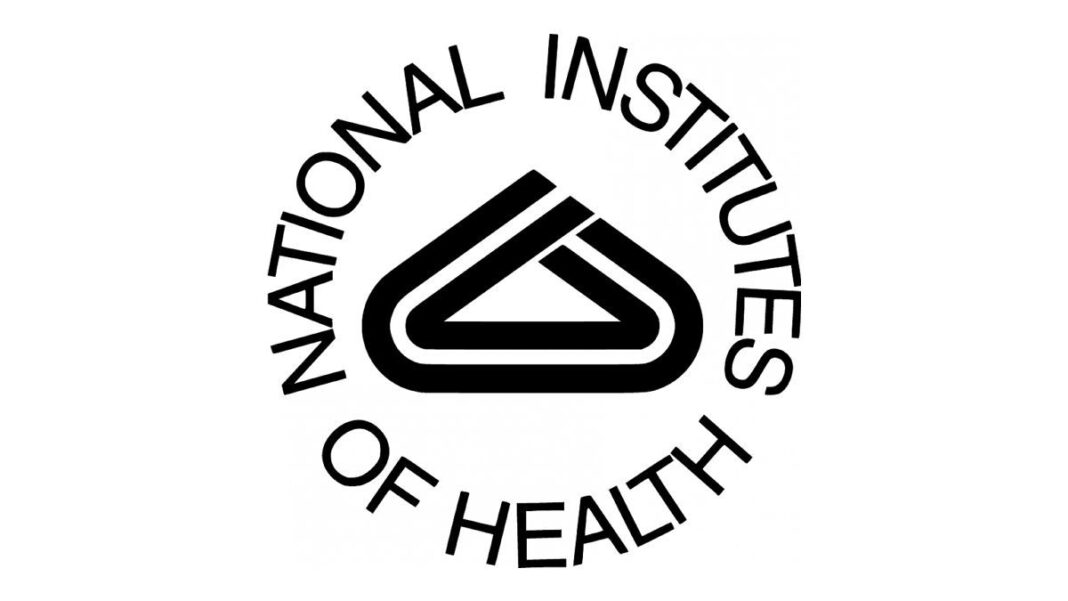Rating agency S&P Global has dropped its use of environmental, social, and governance (ESG) scores to assess corporate borrowers amid questions over the usefulness of such metrics and amid broader backlash to “woke” agendas being pushed in board rooms across the United States.
Since 2021, the credit rating agency has rated companies on a scale from 1 (best) to 5 (worst) in each of the three components of ESG. But now, S&P Global’s ESG scoring system is being dropped in the rating agency’s credit quality assessments of publicly rated firms.
“Effective immediately, we are no longer publishing new ESG credit indicators in our reports or updating outstanding ESG credit indicators,” the rating agency announced in a statement obtained by The Epoch Times.
The rating agency hinted that lack of effectiveness was the rationale for dropping the ESG scoring system—which has been the subject of sharp criticism from conservatives who see it as a manifestation of leftist or even neo-Marxist agendas in corporations.
“We have determined that the dedicated analytical narrative paragraphs in our credit rating reports are most effective at providing detail and transparency on ESG credit factors material to our rating analysis, and these will remain integral to our reports,” S&P Global said in the statement.
A Bloomberg report citing a “person close to the process” who declined to be identified indicated that the change was prompted by “expressions of confusion” on the part of investors who rely on the agency’s credit ratings to inform their investment decisions.
A request for clarification from The Epoch Times as to why the ESG scores were being dropped wasn’t returned by press time.
‘Not That Reliable’
Patrick Welch, chief ESG and ratings policy officer at Kroll Bond Rating Agency, told Bloomberg that confusion is the likely chief culprit driving the change at rival S&P Global.
By using a five-point rating scale, “you’re putting one scoring system—an ESG one—inside another scoring system, which is the credit rating,” Mr. Welch told the outlet.
By Tom Ozimek






